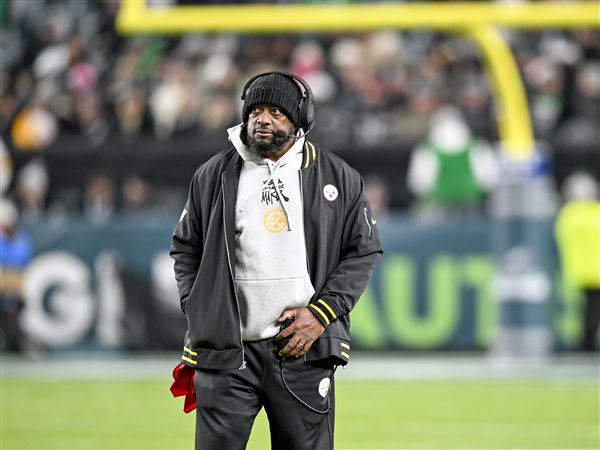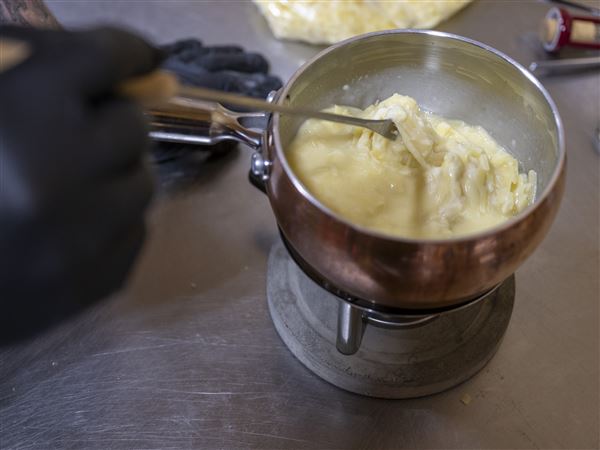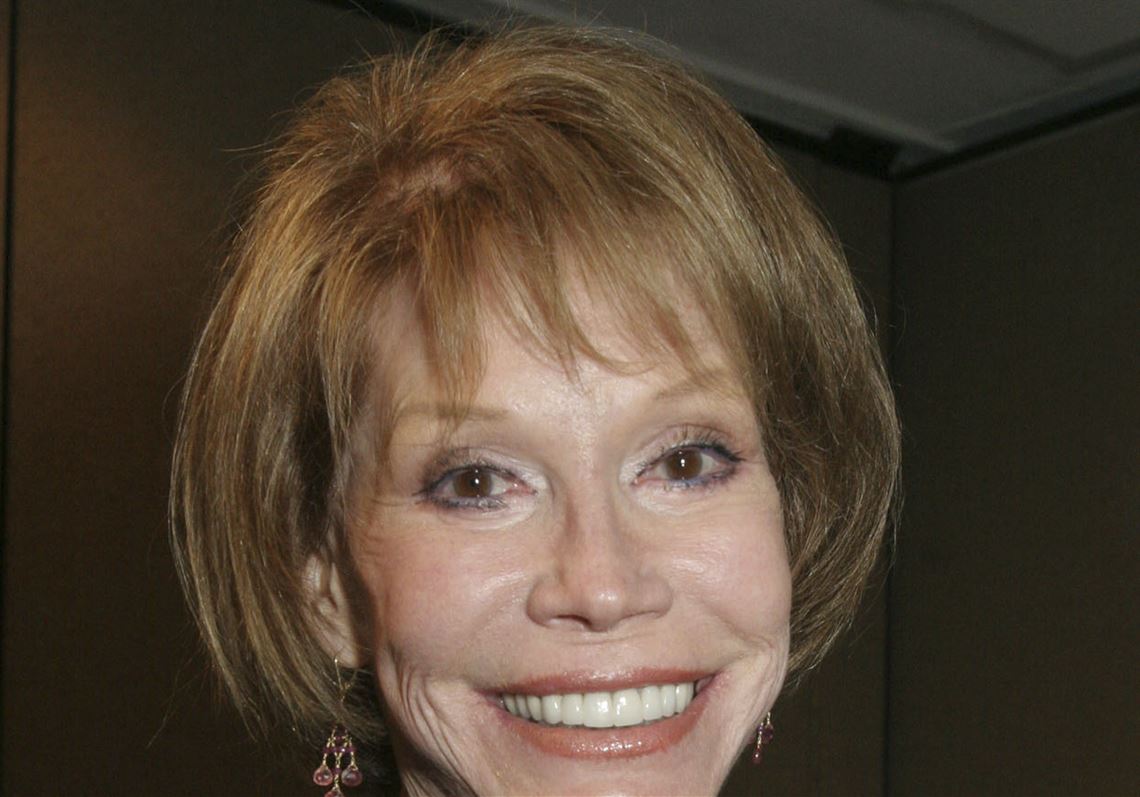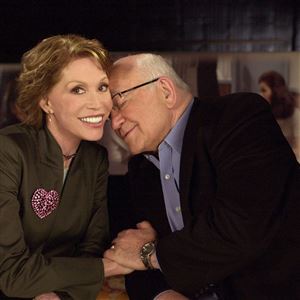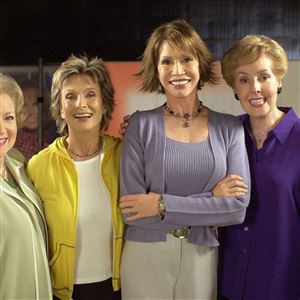Granted, Mary Richards could turn the world on with her smile. But by the time “The Mary Tyler Moore Show” finished its stellar run in 1977, this working girl had done so much more.
The death Wednesday of Ms. Moore at age 80 had media outlets scrambling for clips from both of her well-known hits. There were black-and-white images of Laura Petrie, she of the daring Capri pants and ballet flats on “The Dick Van Dyke Show.” Then came her own show and color clips of Mary Richards sparring verbally with her WJM-TV newsroom colleagues.
Ms. Moore, who didn’t hesitate to let others around her get the funny lines, was a talented actress. She could be hilarious when it was her turn — Mary Richards, trying to hold back a flood of laughter at Chuckles the Clown’s funeral is priceless.
But make no mistake, Mary Tyler Moore left behind a legacy of significance.
“Mary Tyler Moore herself was more of a figure than Mary Richards,” said Amanda Lotz, an expert in gender and television.
The studio Ms. Moore and her then-husband, Grant Tinker, created “developed some of the most important television of its time and holds a significant place in television history,” said Ms. Lotz, a University of Michigan professor of communication studies and screen arts and culture.
Not only did “TMTMS” pave the way for future sitcoms about single working women, such as CBS’s “Murphy Brown,” it had the unusual practice of hiring women to write it. Other MTM Enterprises shows included “Hill Street Blues,” “The Bob Newhart Show” and “St. Elsewhere.”
Through seven seasons and 168 episodes on CBS, “The Mary Tyler Moore” show was a weekly peek into the possible, a world where a single, independent 30-ish woman not only had a career and her own Minneapolis apartment, but friends and love interests, with nary a child in sight.
It wasn’t groundbreaking — Marlo Thomas in ABC’s “That Girl” got there first from 1966-71. But viewers always had the feeling that aspiring actress Ann Marie, living in New York City, was just marking time until she finally married boyfriend Don Hollinger.
“It is probably difficult for young women of today to imagine a television world where women were only wives and mothers,” said Ms. Lotz. “Mary Richards was very important for showing a woman with a job who was skilled at her job, and had a life full of friends and co-workers.
“Certainly, many young women and girls at the time had mothers in the work force, but ‘The Mary Tyler Moore Show’ importantly provided a story about a young single woman that wasn’t driven by the importance of marrying her off.”
“Oh Mary Tyler Moore. You were true inspiration, and power when I didn’t know what that was. Thank you,” tweeted actress Connie Britton shortly after news broke of Ms. Moore’s death.
“I know this sounds hokey, but when I first came to Pittsburgh, to a new newsroom, a new city, a single woman almost 30, I thought of her,” said Peggy Finnegan, WPXI-TV anchor. “That throwing the hat into the air [in the show’s opening credits]? That captured my excitement.”
As the news spread Wednesday, men and women were posting on social media that to know the unsinkable Mary Richards was to be inspired by her.
“It was very affecting to see a career woman at her own desk, in her own apartment, and I think we all wanted to live in that cool apartment and have Rhoda come over for coffee,” said Tracy Brigden, artistic director of Pittsburgh’s City Theatre.
“I had a mom who was a career mom, worked in New York City. So I was always brought up with that. But I didn’t have that image of a young, apartment-dwelling career woman. My mom went to work but we still lived in a house in Westchester.”
In an Archive of American Television interview from 1997, Ms. Moore noted that the show’s test audience rated it lower than any in previous CBS history. Audiences thought Mary Richards was a loser for being unmarried at 30.
Some tweaks were made, and it went to broadcast. “The Mary Tyler Moore Show” would go on to win a then-record 29 Emmy awards.
“I like to think because it was so much a part of the show that it was never a stand of a soapbox and show,” she said in the interview. “It pioneered, but it pioneered without self-consciousness.”
Maria Sciullo: msciullo@post-gazette.com or 412-263-1478 or @MariaSciulloPG.
First Published: January 25, 2017, 7:57 p.m.
Updated: January 26, 2017, 2:12 a.m.


